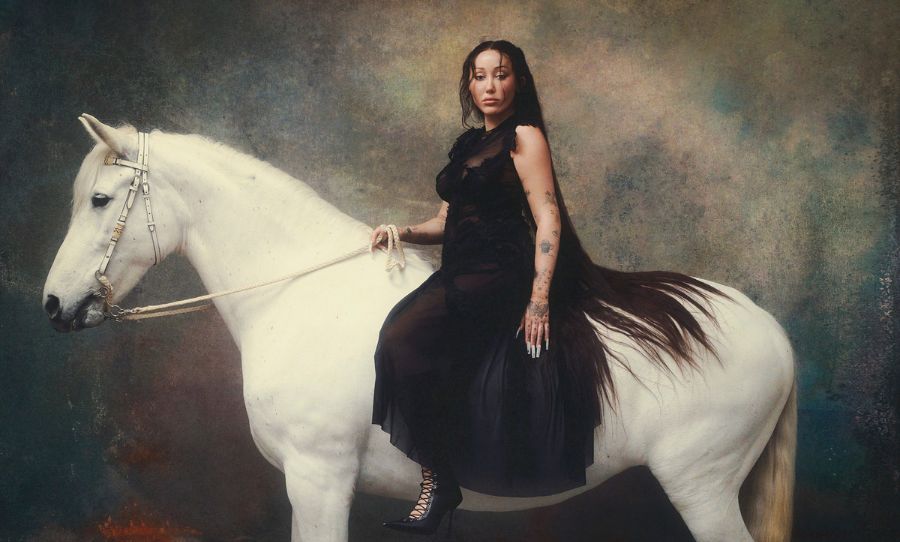Billie Marten speaks plainly about the music industry’s harsh realities: “We’re all paying Taylor Swift”
In a challenge to the industry’s glossy facade, Billie Marten lays out the emotional and financial costs of modern music-making.
Speaking to The Independent, the English singer-songwriter reflected on her experience with burnout, disillusionment, and the pressures of staying afloat.
“It’s all a capitalist mentality,” she said, describing the current industry as a “reverse pyramid scheme” where mid-tier artists are left struggling, while megastars like Taylor Swift dominate.
“Mostly, artists are in financial ruin. We’re all paying Taylor Swift,” she added – a pointed observation that’s gained traction for its blunt honesty and sobering accuracy.
The remark surfaced following the release of Dog Eared, Marten’s fifth studio album, which arrived 18 July 2025 via Fiction Records.
Recorded at Sugar Mountain in New York with producer Philip Weinrobe (known for his work alongside Adrianne Lenker on Bright Future), the album favours live, headphone-free tracking for a more immediate and collaborative sound.
Known for her introspective lyricism and folk-rooted sound, the 26-year-old has spoken candidly about the financial realities of a streaming-era career, admitting she’s never earned royalties or recouped costs from previous albums.
“Mostly, artists are in financial ruin no matter how successful they appear to be,” she said. “Less money is going to mid‑ and low‑level artists… It’s a capitalist mentality.”
Marten stressed that touring doesn’t always bring financial relief.
“I’ve worked the hardest… and I am not doing great,” she explained, adding that she won’t keep going just to remain visible or relevant.
What looks like creative momentum is, for many artists, built on a fragile and unsustainable foundation – as Marten makes clear.
In an industry obsessed with speed, Marten is pushing back against the pressure to constantly produce, choosing instead to move at a pace that feels sustainable and true to her process.
In her world, the future of music isn’t about rushing, it’s about reclaiming time to make something meaningful.



